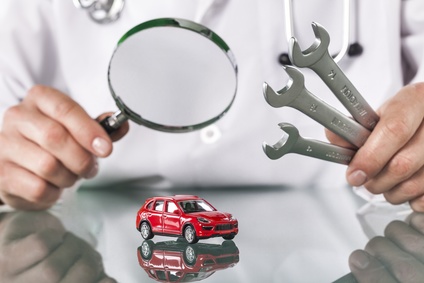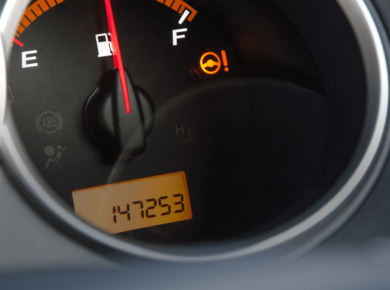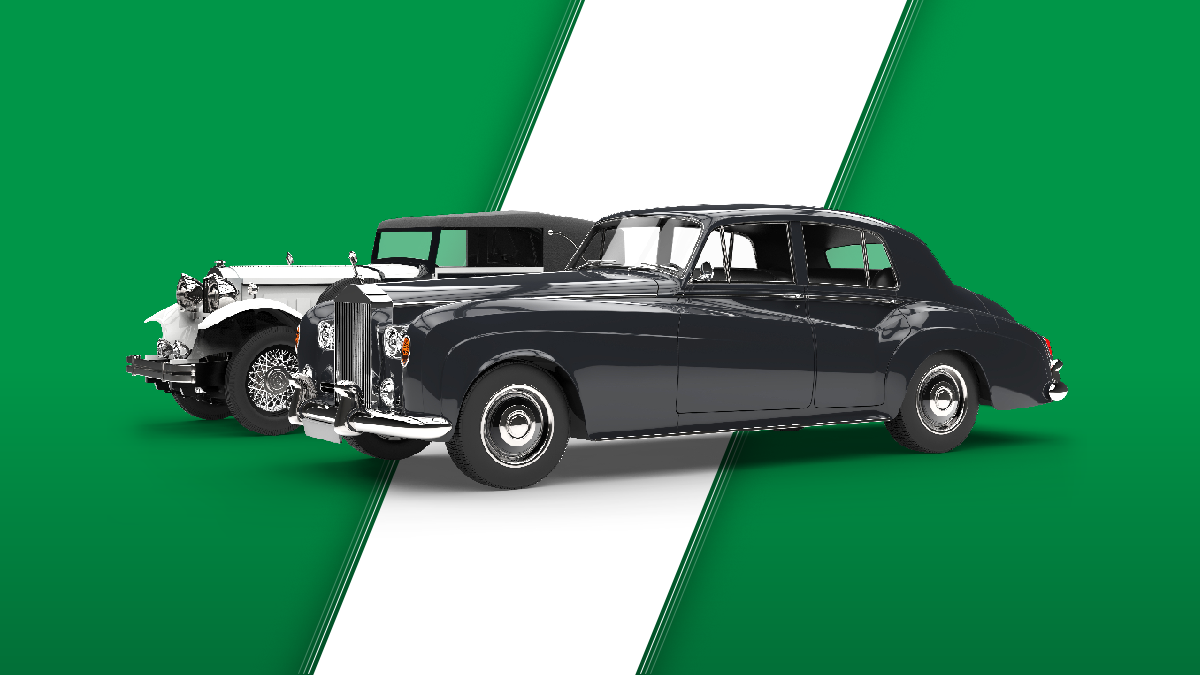There are multiple benefits to purchasing a used car. Firstly, they often cost less than new ones, and if you’re planning to use it for only a couple of years – you might sell it for the same price you’ve bought it. Furthermore, the insurance rates are often better for a used car. Not to mention that reusing a car is better for the environment.

However, buying a used car comes with its own set of challenges as well. You have to find a trustworthy used car dealer, and even then, you should carefully examine each and every part of the car you want to purchase. There is also a lot of paperwork related to such a purchase. Here’s a quick guide on how to navigate the documents you need to prepare and examine.
1. Check for Car Info Match on the Registration Documents
V5C registration document, often simply called a logbook, is a physical document issued by the Driver and Vehicle Licensing Agency (or DVLA) as proof of car ownership. It contains the identification details of both the car and the owner.
Before locking a purchase, you should check if the V5C contains the correct details. The main things to look for are the colour, model, technical details like the engine size, and identification numbers, like chassis number. Also, make sure that the owner information is correct as well, and negotiate how the info will be changed (online or offline), and provide all the information needed from you.
2. Make Sure the Car Has Passed the MOT Tests
Every year the vehicle should pass the MOT test-. This inspection should confirm that the car is safe to drive, complies with the standards of roadworthiness and that its exhaust emissions do not exceed the appropriate amount.
During the MOT test, the car is examined thoroughly, it covers most of the car systems. It ensures both your safety as a driver and the safety of others. If the car hasn’t passed the test in recent years, it’s definitely a reason to be concerned. ClearVin VIN Check provides information of past emission testing results and reveals failed test records.
3. Learn About Full Car Maintenance History
Even if the car you’re buying has passed the appropriate tests, you should be aware of the work that has been done on it. Knowing which parts were replaced or had work done on them will allow you to predict future problems or inform the car mechanic if the need arises.
A full car report by VIN that will inform you of any work done on it, with the additional info of whether it has been stolen, its mileage, and many more, can be ordered online. Usually, it doesn’t cost too much, and the peace of your mind is worth it. A quick car VIN lookup can provide information on a car’s accident history, service records, and more. The car dealership reports from ClearVIN will also help those involved in business.

4. Make Sure it’s not a Cloned Car
Car cloning is one of the most popular forms of fraud in car sales. The fraudulent car dealer will create a “fake identity” for the car and change the car’s identifying features to match it. This way they can clear the car history and easily sell it even if it’s stolen.
It is rather challenging to determine whether the car has been cloned. On the surface, every car detail will match with the documents provided. So, be very thorough when you check the car, review every identification number, ask to meet at the registration address mentioned in the documents, don’t trust dealerships with too low of prices.
5. Get the Independent Report if There Are Doubts
In the case of buying used cars, it is better to be overcautious than to miss something and pay for your mistake later. However, it’s not always possible to get every piece of information you need from the documents provided by the owner.
If you have any suspicions about the car you’re planning to buy, it would be better to ask for a third-party opinion. You can easily ask for a private history check online – there are multiple resources that might help you.
6. Carefully Manage the Rest of the Documents
After a thorough title document check, it’s time to close the deal. During this process, you will have to manage a lot of documentation as well. Besides the required insurance deals, some used car dealerships might offer you additional services, including anti-theft devices and maintenance help. Before signing on any of them, carefully examine all of your options, as it might be cheaper to manage them separately.
In Conclusion
All in all, buying a used car requires a lot of thorough planning and careful examination of each document connected to it. While it is a stressful process, the benefits of getting a used car in most cases outweigh the negatives.
Choosing the right dealership or a previous owner you can trust means a lot. The transparent discussion and openness about every detail will make the purchase much smoother. So, find the seller you can trust and you won’t have to be nervous about a thing.










3 comments
Thanks for helping people…It’s great for getting details about the vehicle. I got a nice experience to search for this site
Hi Hina! Glad you liked this one.
Thank you much for your interest!
Thanks again for the article.Really thank you!